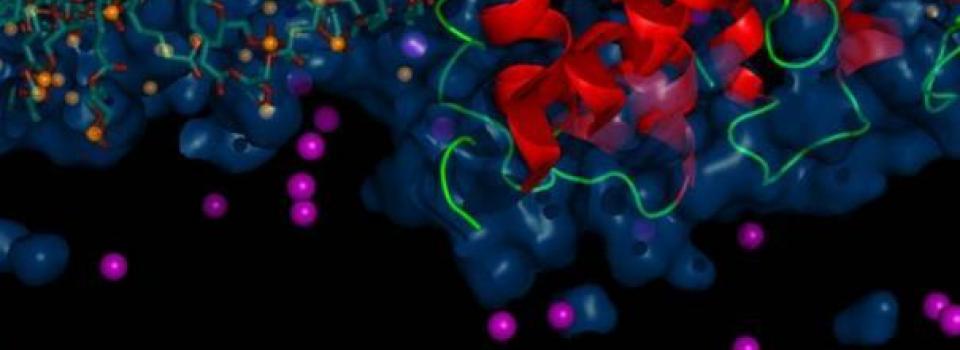
The seminar is sponsored by NYU-ECNU Center for Computational Chemistry at NYU Shanghai
Abstract:
Allostery, the most direct and efficient mode of regulation of biological macromolecule function, has been considered to be a universal regulation mechanism involved in the vast majority of biological processes, including signal transduction, metabolism, catalysis, and gene regulation. Compared to conventional orthosteric ligands that bind to the active site, allosteric modulators target a site topographically distinct from the active site—referred to as an allosteric site—offering distinct advantages, including greater specificity, reduced side effects, and lower toxicity. Therefore, allosteric modulators have drawn increasing attention as potential therapeutic agents in the design and development of new drugs. In recent five years, great efforts in our group was made for the understanding of fundamental principles underlying allostery, coupled with the exploitation of powerful techniques and methods, providing unprecedented opportunities to discover allosteric proteins, detect and characterize allosteric sites, design and develop novel efficient allosteric agents, and recapitulate the universal features of allosteric proteins and allosteric modulators. In the present topic, we introduce the recent advances in the repertoire of allostery, with a particular focus on the aforementioned allosteric compounds.
Biography:
Prof. Jian Zhang received B.S. (2002) in pharmacology from Peking University and Ph.D. (2007) in medicinal chemistry from Shanghai Institute of Materia Medica, Chinese Academy of Sciences. He did his postdoctoral training at the University of Michigan Medical School as a research fellow (2007-2009). In 2009, he joined the faculty of Shanghai Jiaotong University by the Program for Professor of Special Appointment (Eastern Scholar) at Shanghai Institutions of Higher Learning. Prof. Zhang’s current research interests focus on understanding the mechanism of allosteric regulation and development of allosteric modulator against disease targets. Prof. Zhang has published over 90 scientific papers in peer-reviewed journals with a H-index of 23. He received the Roche Creative Chemistry Award and National high-level talents special support plan for his outstanding contributions to this field.


